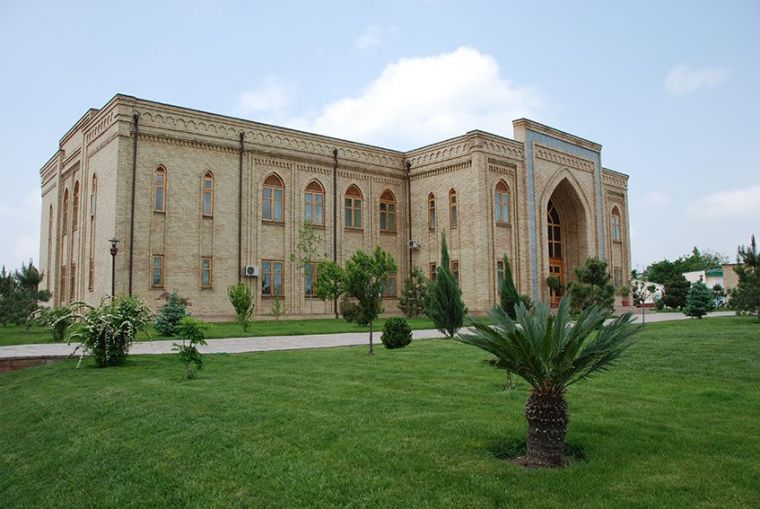Tashkent city



الحمد لله الذي قدر آجال العباد، وكتب أعمارهم قبل موالدهم، وقال
وَلِكُلِّ أُمَّةٍ أَجَلٌ فَإِذَا جَاءَ أَجَلُهُمْ لَا يَسْتَأْخِرُونَ سَاعَةً وَلَا يَسْتَقْدِمُونَ
، والصلاة والسلام على سيد الأنبياء وإمام الحنفاء محمد بن عبدالله وآله وأصحابه النجباء
Dear all!
On January 18, 2018 Muslim Board of Uzbekistan is in deep sorrow due to the accident happened in Aktuber region, Kazakhstan. On behalf of Council of Ulama of Muslim Board of Uzbekistan I express deep condolences of a death to the families of diseased
According to official information, on “Samara-Shimkent” highway in Aktyuber region of Kazakhstan “Setra” bus burst into fire while moving on high speed. Overall 57 passengers who were heading to Kazan, Russia from Southern Kazakhstan were inside the bus. 52 of passengers died and 5 managed to escape.
The special commission headed by Prime Minister left for Kazakhstan to find out the reasons of the incident. It was the extraordinary task of the President.
Meanwhile in all of the mosques of Uzbekistan special Quran tilawat was made for the victims of the bus fire during the Friday sermons.
Dear citizens, our dearest prophet Muhammad sollalohu alayhi wasallam mentioned in one of the hadith that if a person dies while drowning, burning, being kept under destruction or bearing a child, he or she would be considered as shaheed (martyr).
Quran mentions that muslims should offer supplication for those who passed away. So we all ask that May Allah bestow mercy on all our brothers who died in bus fire. May Allah give strong patience to their relatives!
Assalamu alaykum wa rohmatullohu wa barokatuhu!
Usmankhan Alimov,
Chairman of Muslim Board of Uzbekistan, Muftiy

A festive event dedicated to the 33rd anniversary of the Constitution of the Republic of Uzbekistan was organized for 240 pilgrims at the “Marmara” hotel in the city of Mecca.
The event was attended by Sirojiddin Shamsuddinov, Consul General in Jeddah, Shukhrat Amoniy, Attaché for Hajj and Umrah, as well as representatives of the Working Group from the Muslim Board of Uzbekistan and the Committee on Religious Affairs.
Muslim Board of Uzbekistan
Press Service
